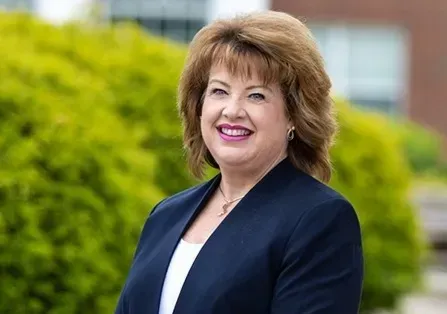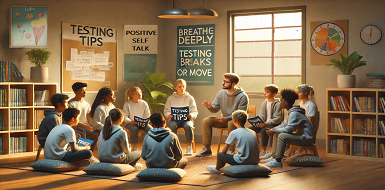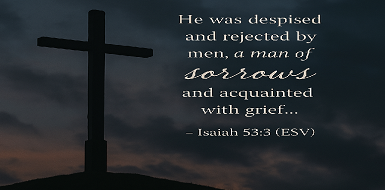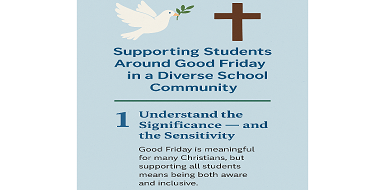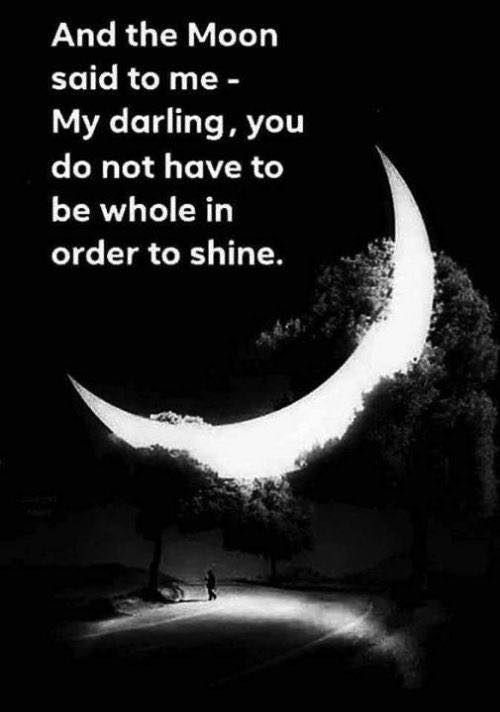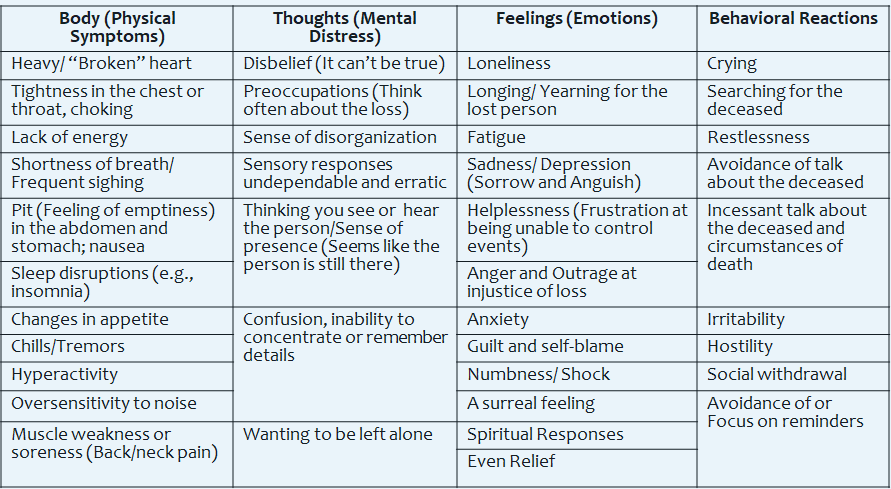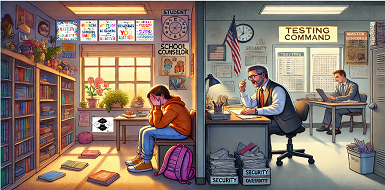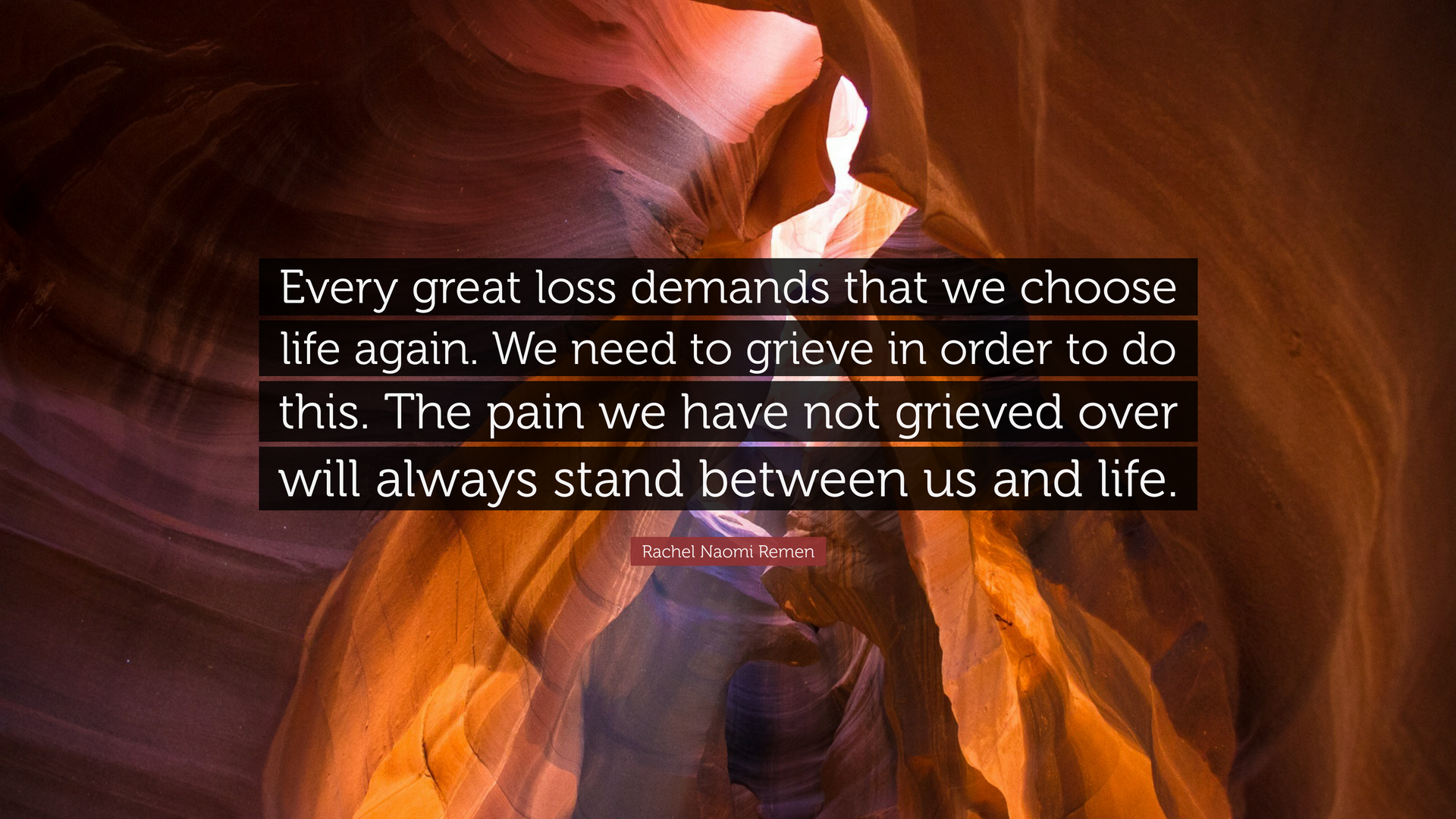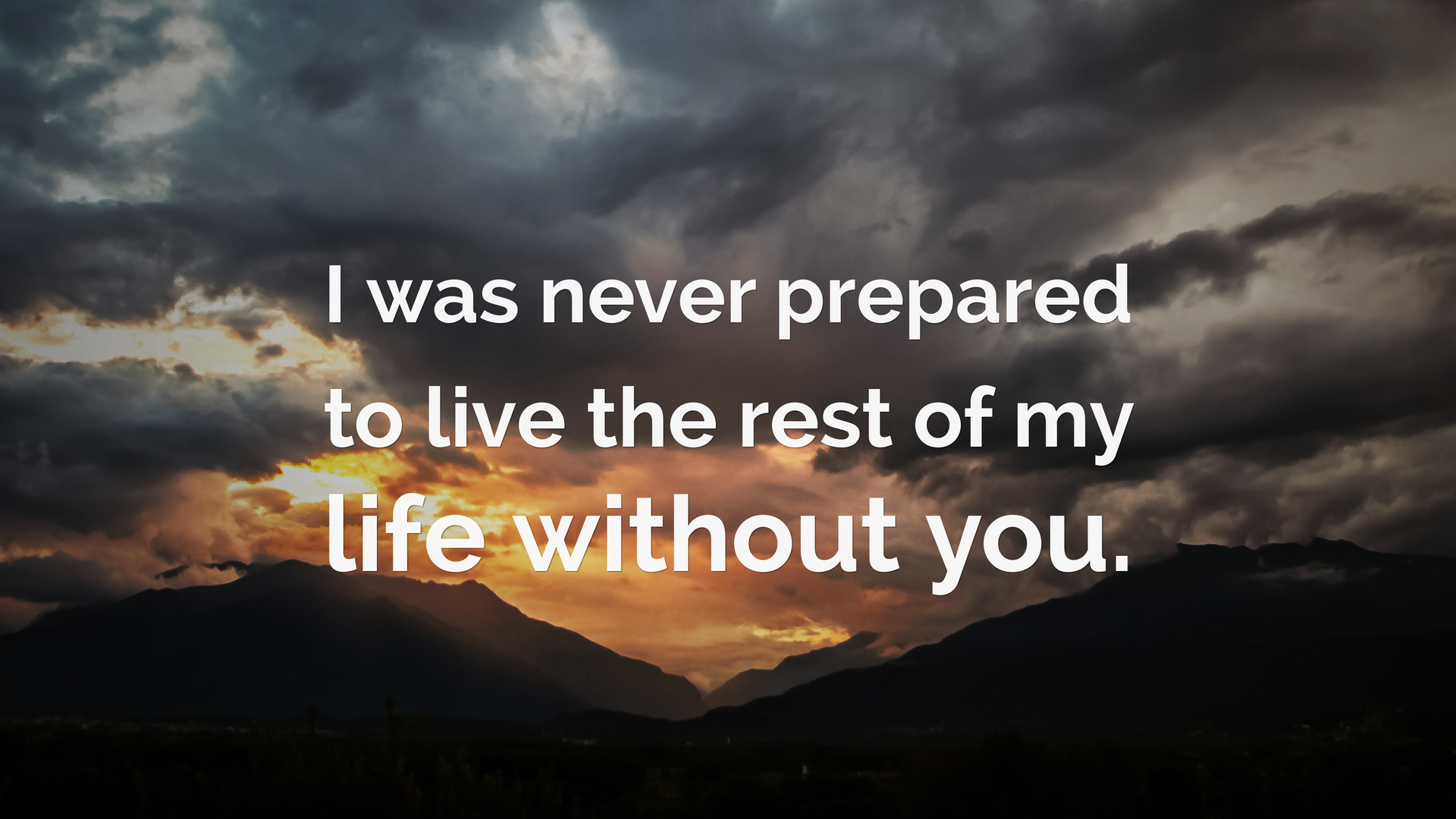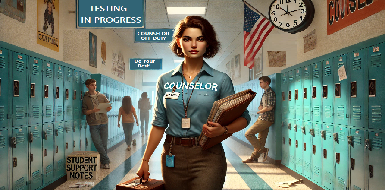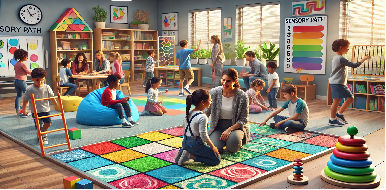Grief is Not a Contest or a Competition
There Are No Winners in Loss

Grief is one of the most profoundly human experiences, touching each of us in unique and deeply personal ways. No two people have the same relationship with the one they’ve lost. The depth of our connections and the nuances of our bonds shape how we feel loss. For me, personally, the passing of my husband meant a profound shift in identity and routine. But, for all of us, losing a loved one means the world will never feel the same again. What we need to remember is that each experience is real, each pain valid.
Yet, as we navigate this journey, we sometimes encounter messages — both from ourselves and others — that imply our grief should be measured, compared, or even “outdone” by someone else’s sorrow. It's our western culture, where almost everything becomes a competition, bleeding into even this most intimate journey and making it seem as if grief is an unspoken competition, where we’re expected to measure our pain against others’ or prove that we’re somehow “grieving enough.” But the reality is that grief is neither a contest nor a competition. In loss, there are no winners.
When we speak of grief as a competition, it subtly implies that there's a hierarchy of sorrow, a way to “win” at grieving by proving our loss is greater, our bond stronger, or our pain more profound. Yet, measuring grief in this way trivializes the unique experience each of us goes through. Loss is personal, and comparing one person's heartache to another’s doesn't honor the individuality of our journeys.
For example, the loss of a spouse, a child, or a parent cannot be quantified or ranked. It’s impossible to say that one type of loss is harder than another, because each relationship brings its own memories, challenges, and significance. Comparing grief only isolates us further, making it harder to find solace and healing. Recognizing that each person’s grief is valid on its own terms allows us to offer genuine compassion rather than judgment.
The Futility of “Winning” at Grief
There’s no award for grieving more openly, suffering longer, or "moving on" faster. When we treat grief as a competition, we place ourselves and others in a cycle of comparison that ultimately stifles healing. Who benefits from proving their grief is more intense or more worthy of sympathy? The truth is, there are no winners in grief. No one “earns” healing or “deserves” comfort based on how their loss compares to someone else’s.
Grieving is often a private experience; we feel it in the quiet moments, the empty spaces, and the everyday routines suddenly thrown off balance. When we approach grief as a unique, individual journey, we open ourselves to healing without the added burden of comparison or judgment.
Rather than “winning,” the goal in grief should be to find meaning, healing, and a renewed sense of purpose. This process looks different for everyone and cannot be rushed or achieved through competing with others’ pain. The journey of grief is deeply personal, and the way we feel, remember, and process our sorrow is a testament to the love we carry — not something that needs validation from external measures.
Rejecting the Concept of “Right” and “Wrong” Ways to Grieve
Our society often has unspoken expectations about the “right” way to grieve, subtly shaping our beliefs about how we should process loss. Some may feel pressured to process through grief quickly, to avoid burdening others, while others may feel they must display their grief openly to be acknowledged. These expectations turn grief into a performance, a way to “do it right” in the eyes of others. Yet, grief is inherently messy, unpredictable, and defies easy categorization. When we compare our grief to others' — whether to downplay it or exaggerate it — we add unnecessary weight to our healing journey. Saying "I shouldn’t feel this bad; people have it worse" can lead to feelings of shame, as if our grief isn’t "worthy." On the other hand, feeling that our grief is worse than anyone else's isolates us from connecting with those who might provide comfort.
In letting go of competition, we allow ourselves to grieve authentically. We open up space for our unique way of processing pain without comparing timelines, expressions of sorrow, or healing journeys. By rejecting the idea of “winning” at grief, we foster an environment where people can find support, not judgment, for wherever they are in their journey. We each carry our burdens differently. Grief doesn’t come with a manual or scorecard, nor should it. Embracing the idea that every person's grief is unique allows us to give ourselves the grace to feel deeply, to process at our own pace, and to heal in ways that feel right to us.
True support in grief means recognizing that every individual’s sorrow is valid. Instead of measuring one loss against another, we can offer compassion and understanding, knowing that each person’s pain is a reflection of a unique relationship and individual experience. In this way, we create a space where healing is nurtured through connection, empathy, and respect.
When we meet someone in their grief, we can resist the urge to compare and instead practice mindful listening. When someone feels seen and heard without comparison, they’re more likely to feel understood, empowered to heal, and comforted in their pain. The greatest gift we can offer is to stand beside them, honoring their sorrow without judgment, without hierarchy, and without competition.
The Journey Forward
Healing from grief is about moving toward a life where we carry our memories forward, where love and loss coexist within us in a way that brings meaning, not competition. It’s about living with our scars, not proving their depth. And while grief can make us feel isolated, we can find comfort in knowing we’re not alone—many others walk this path, each in their own way.
There is no need to “win” at grief. There is no “correct” path. Each journey is unique, every heartache legitimate, and each person’s pain worthy of compassion. What matters most is that we honor our own feelings and give others the freedom to do the same. When we recognize this, we free ourselves and others to grieve authentically, to honor the relationships we hold dear, and to find healing in a way that feels true to us. Because grief is not a contest or a competition—it’s a reflection of love, loss, and the humanity that connects us all.
Final Thoughts
In a world that sometimes demands resilience, let’s remember that each person’s journey through grief is their own. And, most importantly, let’s remember that it's okay to feel exactly how we feel, for as long as we need to feel it. Because grief is not a contest — it’s a part of life’s most human experience.
I am a school counselor turned counselor educator, professor, and author helping educators and parents to build social, emotional, and academic growth in ALL kids! The school counseling blog delivers both advocacy as well as strategies to help you deliver your best school counseling program.
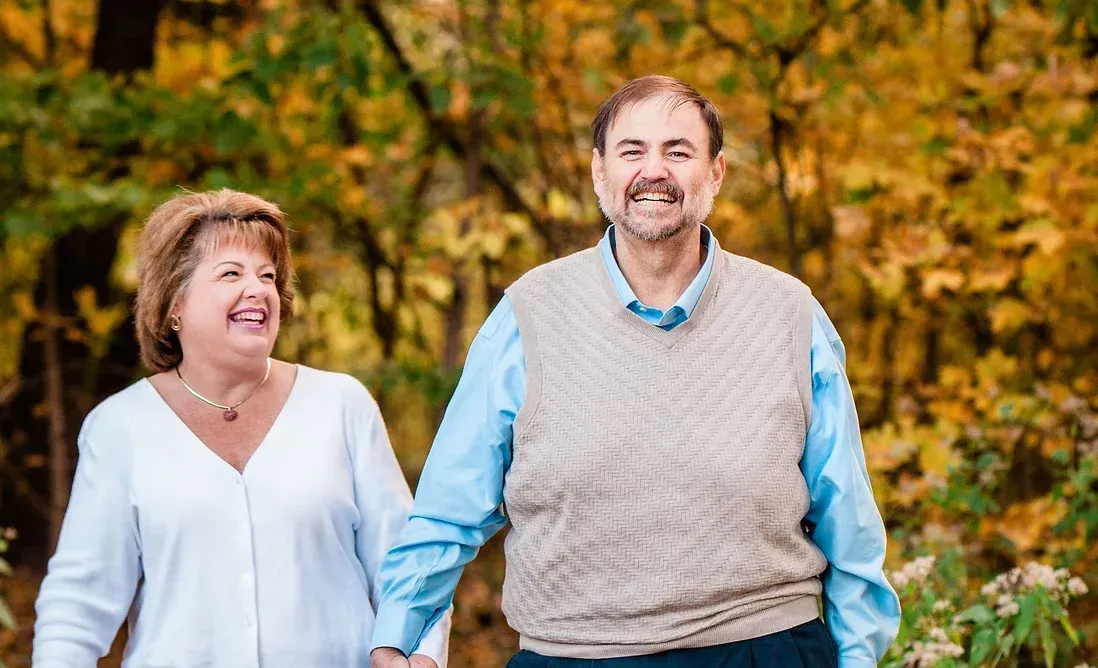
I'm a mother, grandmother, professor, author, and wife (I'll always be his). Until October 20, 2020, I lived with my husband, Robert (Bob) Rose, in Louisville, Ky. On that awful day of October 20,2020, my life profoundly changed, when this amazing man went on to Heaven. After Bob moved to Heaven, I embraced my love of writing as an outlet for grief. Hence, the Grief Blog is my attempt to share what I learned as a Counselor in education with what I am learning through this experience of walking this earth without him. My mission is to help those in grief move forward to see joy beyond this most painful time.
